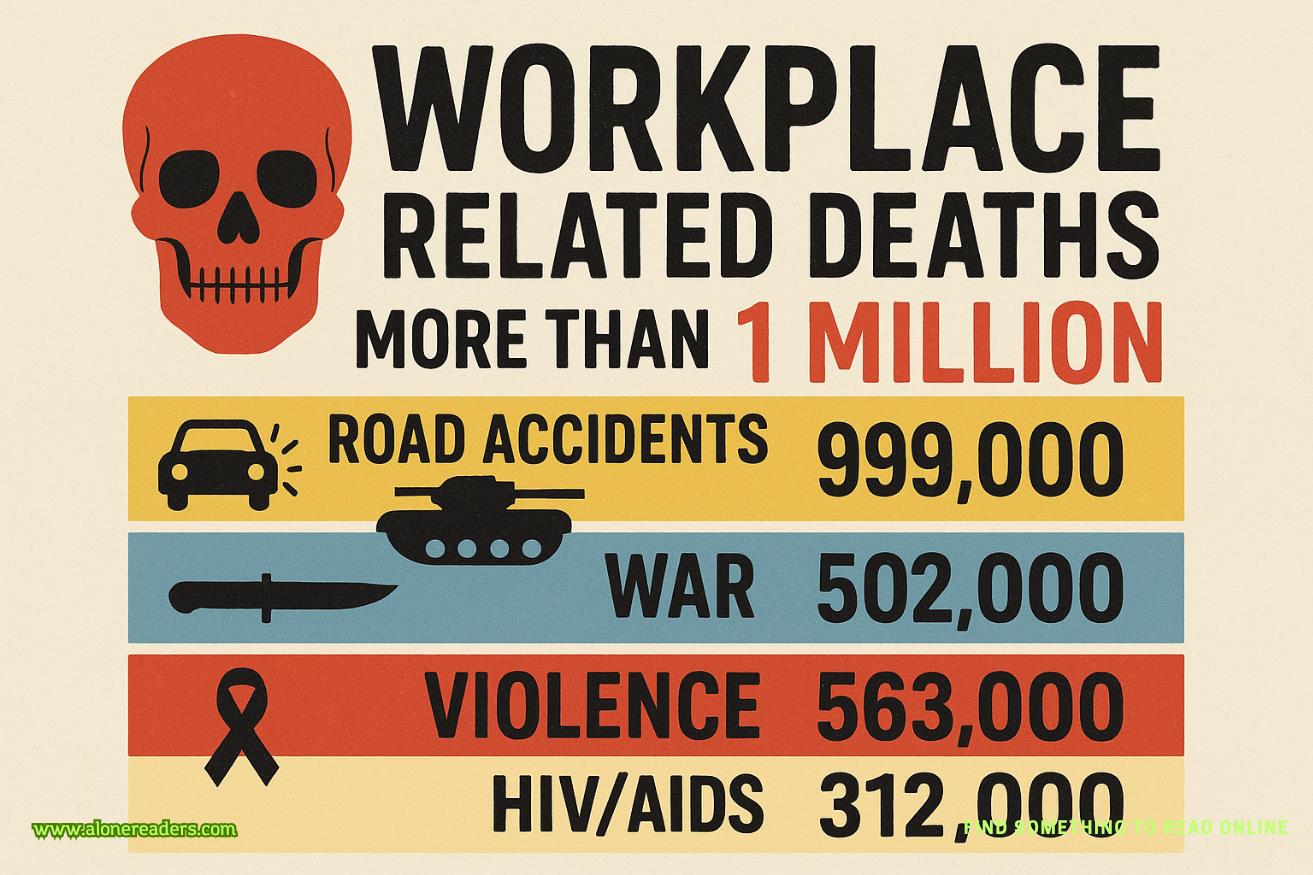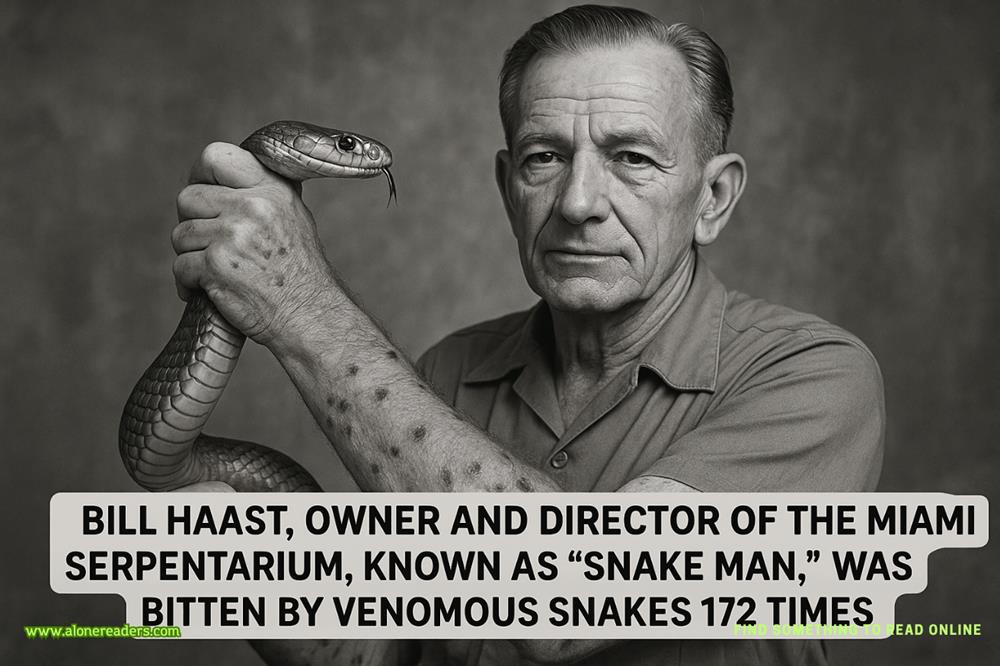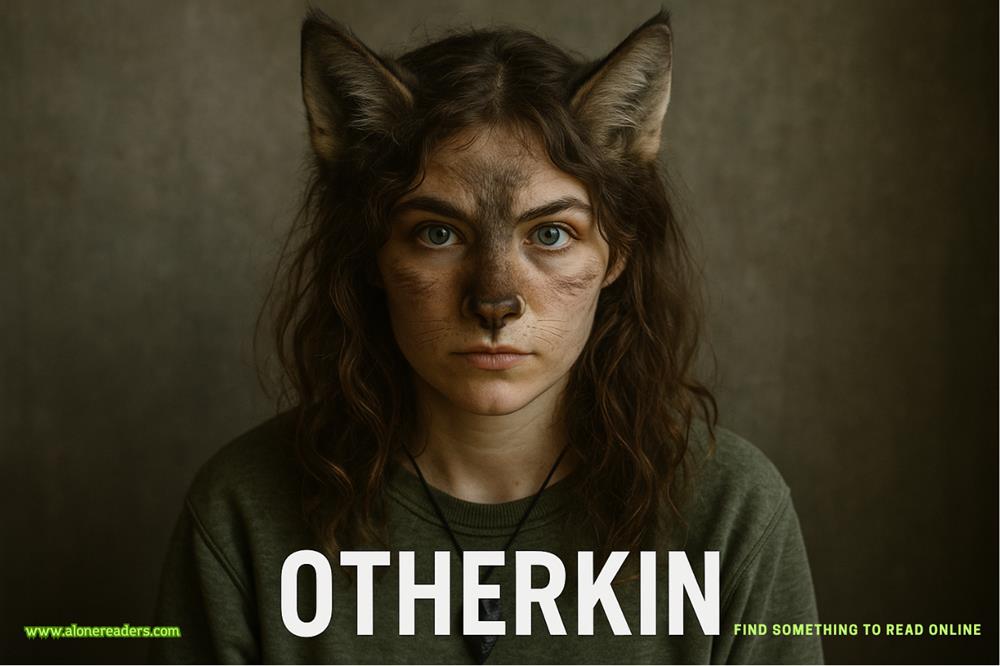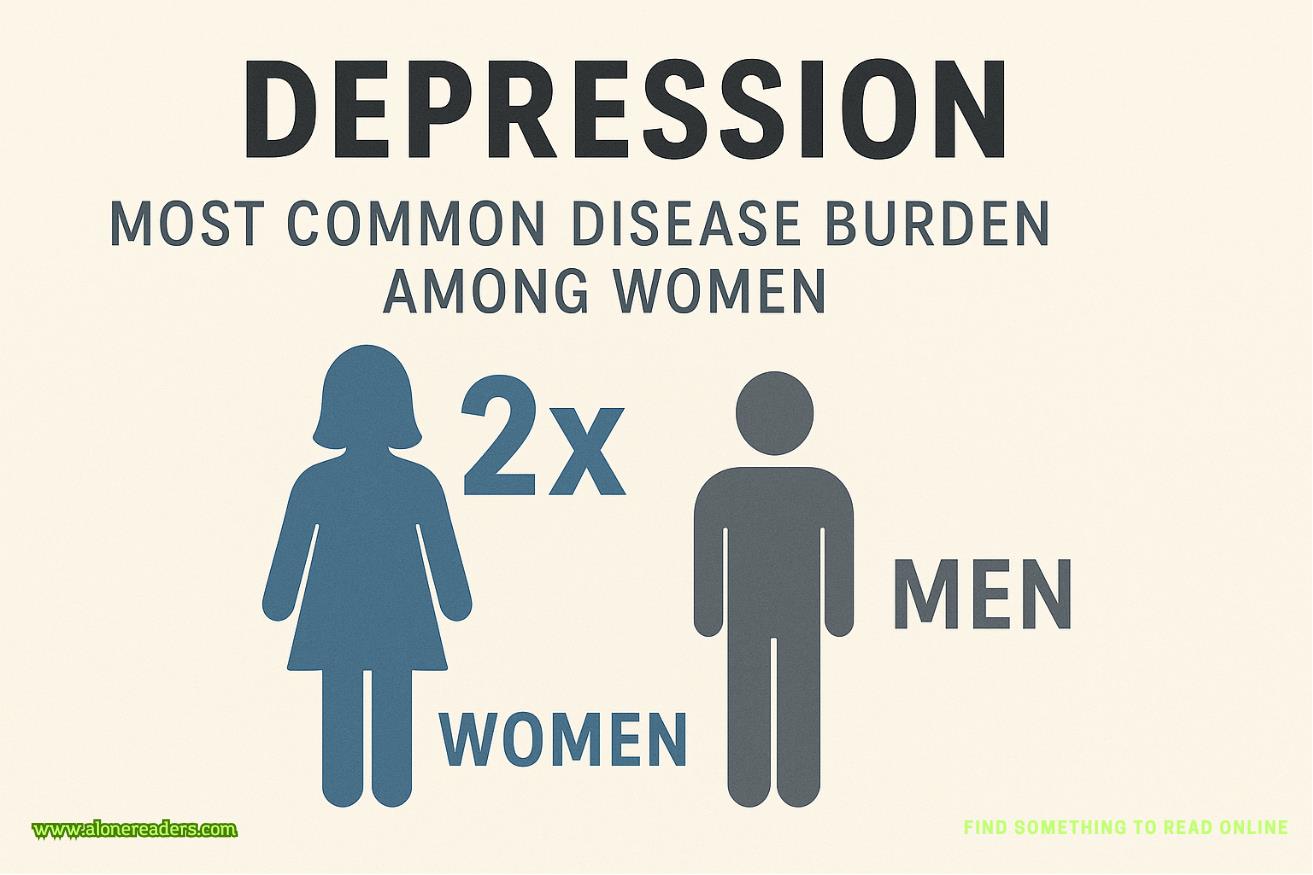Page 18 of Confounding Oaths
“Who’s Lord Wriothesly?” asked Mr. Caesar, hoping that the question would not make him look foolish. Or at least would make him look no more foolish than he already looked following a strange gentleman into the worst part of London at an ungodly hour of the morning on the tenuous promise of duelling lessons.
“No fucker knows,” replied the captain. This was not entirely true. I know, but I choose not to tell you.
From the outside, the Folly looked deserted, but that was largely due to the soot and dust covering the windows. Inside, cheap tallow candles replaced the inaccessible sunlight and filled the air with a brightness that could almost have been cheery were it not for Mr. Caesar’s unworthy—but not unwarranted—suspicion that he might take a knife to the ribs any moment.
A gaggle of uniformed men were propping up the bar and embodying all of the pettiest accusations that the officer class levelled against their subordinates. Disorderly and shambolic, they were engaged in a mixture of drinking, swearing, gambling, and whoring of which I mightily approved. Especially at that time of the morning.
“Aye aye,” called one—the Irishman Mr. Caesar remembered from earlier as Callaghan. “The captain’s back. And still with his stripes if I’m any judge.”
A cheer went up from the crowd.
“I’d say drinks were on me,” the captain told them, “but are they fuck, you sack of drunken layabouts.”
“Get off, you’d not have us any other way,” replied a thin man with a strong Northumberland accent and strange symbols tattooed across his knuckles. Then he stopped short and, to my consternation, looked directly at me. “Hang about, lads, something’s up.”
Mr. Caesar was the only person in the hostelry to be surprised when the room fell silent.
“Up how?” asked Captain James, suddenly deadly serious. Worryingly serious, from my perspective.
“Something invisible walks among us,” replied the northerner. “I can tell no more.”
I breathed a metaphorical sigh of relief. He was, it seemed, the weaker kind of seer, attuned to the hidden world but lacking the capacity to perceive it directly. Still, from an abundance of caution I took the shape of a spider and scuttled into a high corner to watch proceedings.
“Barryson’s a vitki,” explained Captain James. “Or something like one. Gets warnings from Odin when the French are up to fuckery.”
“Which is always,” added Barryson. “They march with the gods of Old Gaul on their side, plus whichever of the Hellenes feel like backing them that day.”
“As flies to wanton boys are we,” said a slim man at the end of the group whose features spoke of the subcontinent but whose accent spoke of Eton.
Being, insofar as his circumstances would allow, a pink of the ton, Mr. Caesar was not unaccustomed to meeting large groups of new people, but the Folly was decidedly outside of his element. It was not that he objected to rough company, indeed he rather enjoyed it in many contexts. But the rough company he normallysought was anonymous and fleeting, not named and trying—to some extent at least—to save his life.
A young woman, fair-haired and dark-eyed, who was sitting on the knee of one of the soldiers, came gallantly to his rescue. “Do you think, Captain, you should maybe introduce us all so that your new friend’s head doesn’t spin off his shoulders?”
With the resigned expression of somebody who would rather ignore social niceties wherever possible, Captain James did the honours. “Mr. John Caesar,” he began, “these are the scoundrels, mollies, thieves, and bastards of the Irregulars. The one who sees things he shouldn’t is Barry Barryson, he says his ancestors were Vikings but I don’t believe him. The fellow with the nice turn of phrase”—he indicated the man who had chosen to quote that fucker Bill—“is George Kumar, got one of his father’s names but not the other, and my right-hand man on account of being the only one of these pricks as can read.”
“I can read,” protested Barryson. “Just not English.”
The captain glared. “And when we start getting orders in runes, I’ll send for you. Callaghan you’ve met. The one looks far too young to be holding a gun is Boy William.” Here Captain James indicated a boy who had yet to speak and who really did look far too young to be holding a gun. “We none of us know how he’s not dead yet.”
“Me mum dipped me in a river as a baby,” replied Boy William.
“Jackson there,” the captain went on, pointing to the man with the lady on his lap. He was gentle-faced and wide-eyed with hands that looked too soft for a soldier’s. “Is a thieving, swindling, lying, traitorous son of a whore and I’m very glad he’s on our side.”
“Why Captain,” purred Jackson, pressing a hand to his breast, “you flatter me.”
“Finally there’s Sal”—he indicated the lady herself—“she’s a woman in a dress, a man in uniform, and a devil in battle.”
“And in bed,” added Sal, casting a coquettish glance up at Mr. Caesar, “for the record.”
“Duly noted,” replied Mr. Caesar. “Though I’m unsure which I’ll need sooner.”
“That’s everybody,” finished the captain with a notable air of relief. “Everybody, this is Mr. John Caesar, grandson of the Earl of Elmsley, spoke for me at the hearing, and is about to duel Major Bloodworth despite best I can tell not knowing which end of a sword is sharp.”
It wasn’t exactly a slander, but Mr. Caesar still felt he should probably say something to that. “I assume it’s the end that gets narrower?”
“The fact that you had to sayI assume,” replied Kumar, “speaks volumes.”
The clearly doomed Boy William gave Mr. Caesar a look of honest respect. “Well, I think it’s right brave of you, sir. Standing up for the captain’s honour.”















